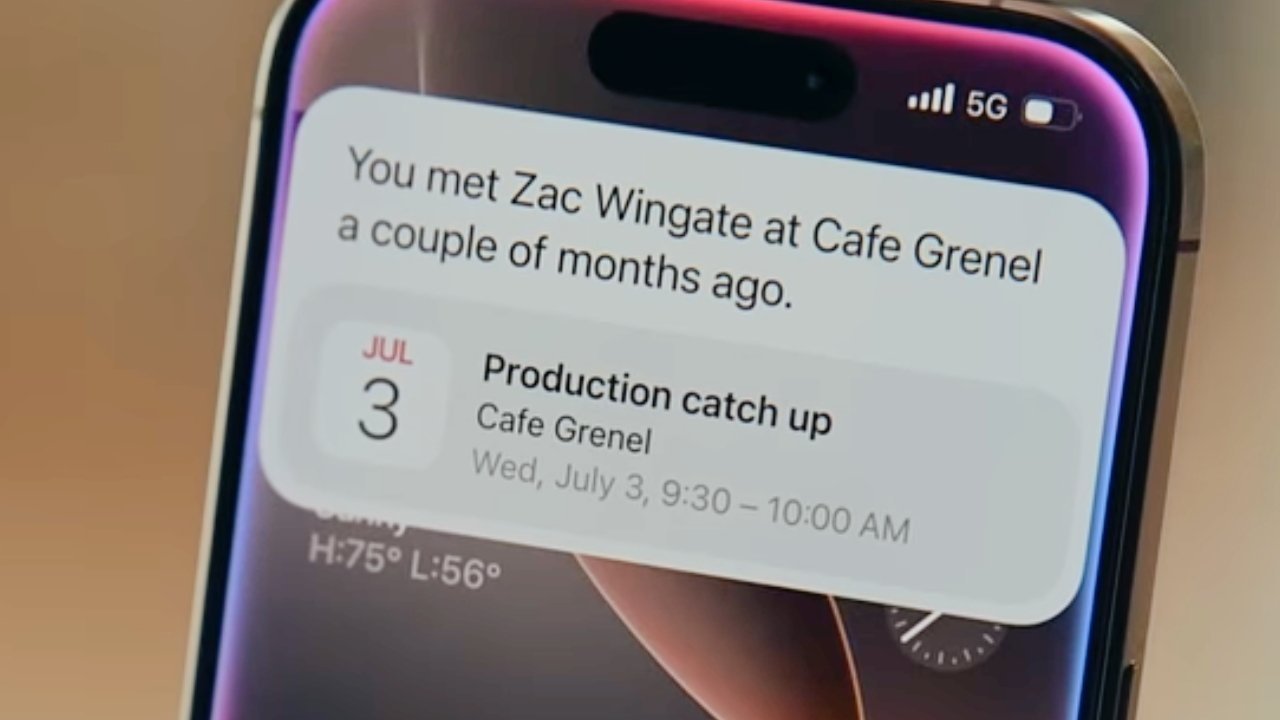Apple Developing Chips for Smart Devices and AI Servers

Apple is expanding its chip development efforts to include specialized processors for smart glasses, more powerful Mac computers, and dedicated AI servers, signaling a strategic push into new device categories and a strengthening of its existing product lineup. According to Bloomberg's Mark Gurman, Apple's silicon design group has made substantial progress on a processor for smart glasses, suggesting an imminent entry into a market currently dominated by Meta's Ray-Ban smart glasses.
The new chip, based on Apple Watch processors but optimized for power efficiency, will manage multiple cameras planned for the device. Mass production is targeted for late 2026 or 2027, hinting at a potential product launch within two years. This project, code-named N401 (previously N50), demonstrates CEO Tim Cook's determination to compete with Meta in the smart glasses market. Apple's approach may involve non-AR glasses that use cameras to scan surroundings and leverage AI assistance, similar to Meta's offering but with Apple's distinctive approach. The company is also developing AI-enhancing components for other wearables, including camera-equipped AirPods and Apple Watches.
In addition to wearables, Apple is developing its first dedicated AI server chips under the "Baltra" project, expected to be completed by 2027. These processors could significantly enhance Apple Intelligence services by potentially incorporating up to eight times the processing and graphics cores of current M3 Ultra chips. Further Mac processors under development include the M6 (code-named "Komodo"), M7 ("Borneo"), and a more advanced chip dubbed "Sotra." The M5 processor could appear in iPad Pro and MacBook Pro models as early as late 2025.
All these initiatives are managed by Apple's hardware technology group, led by executive Johny Srouji, with production expected to be handled by Taiwan Semiconductor Manufacturing Co.











